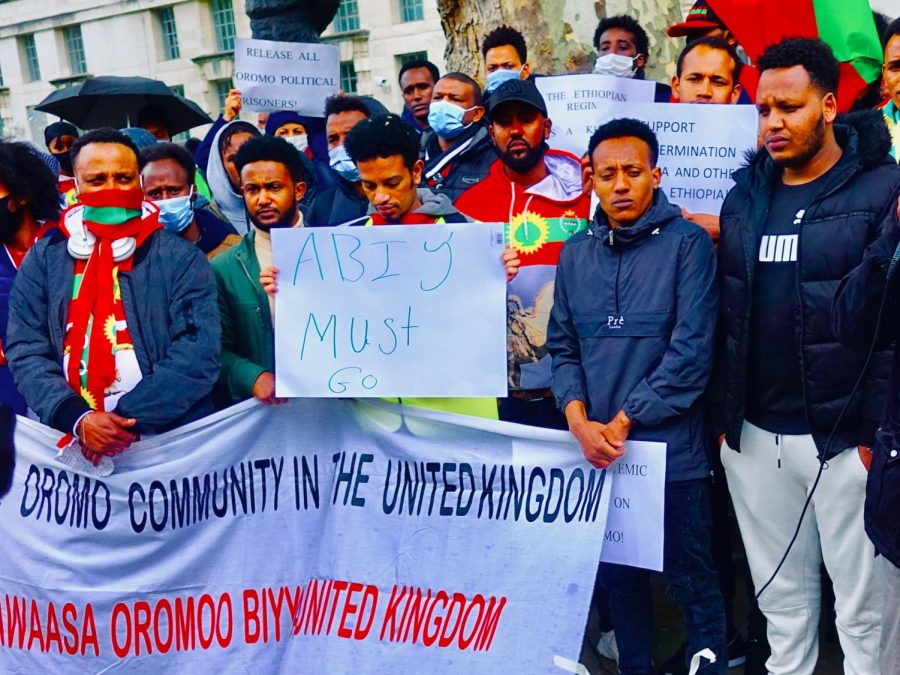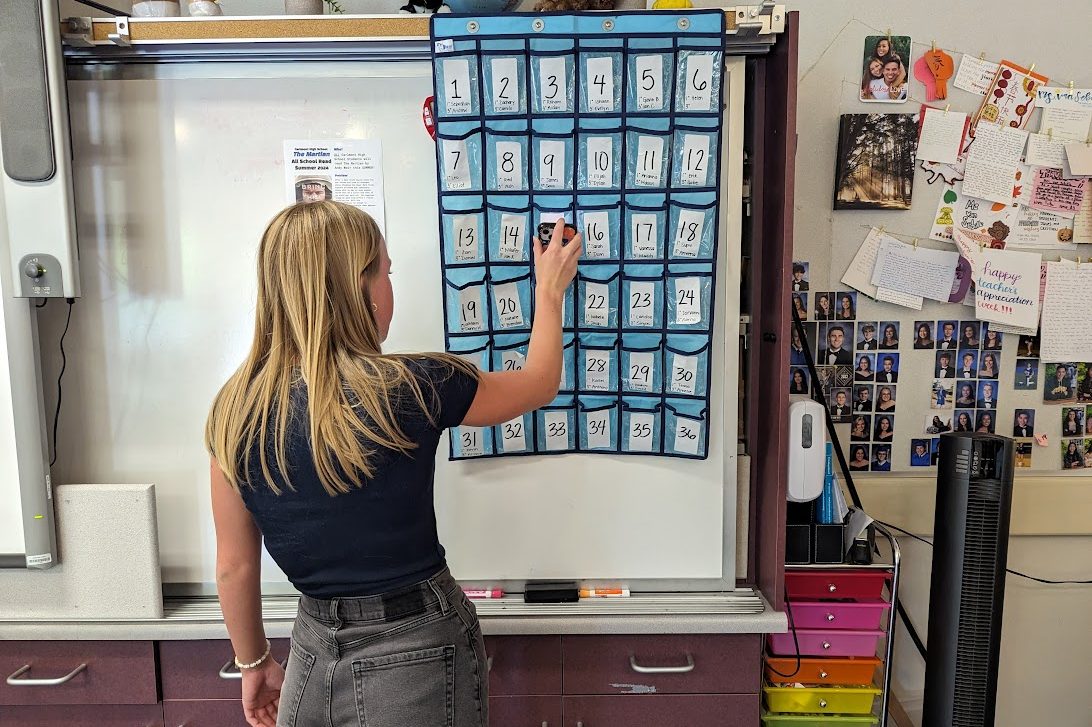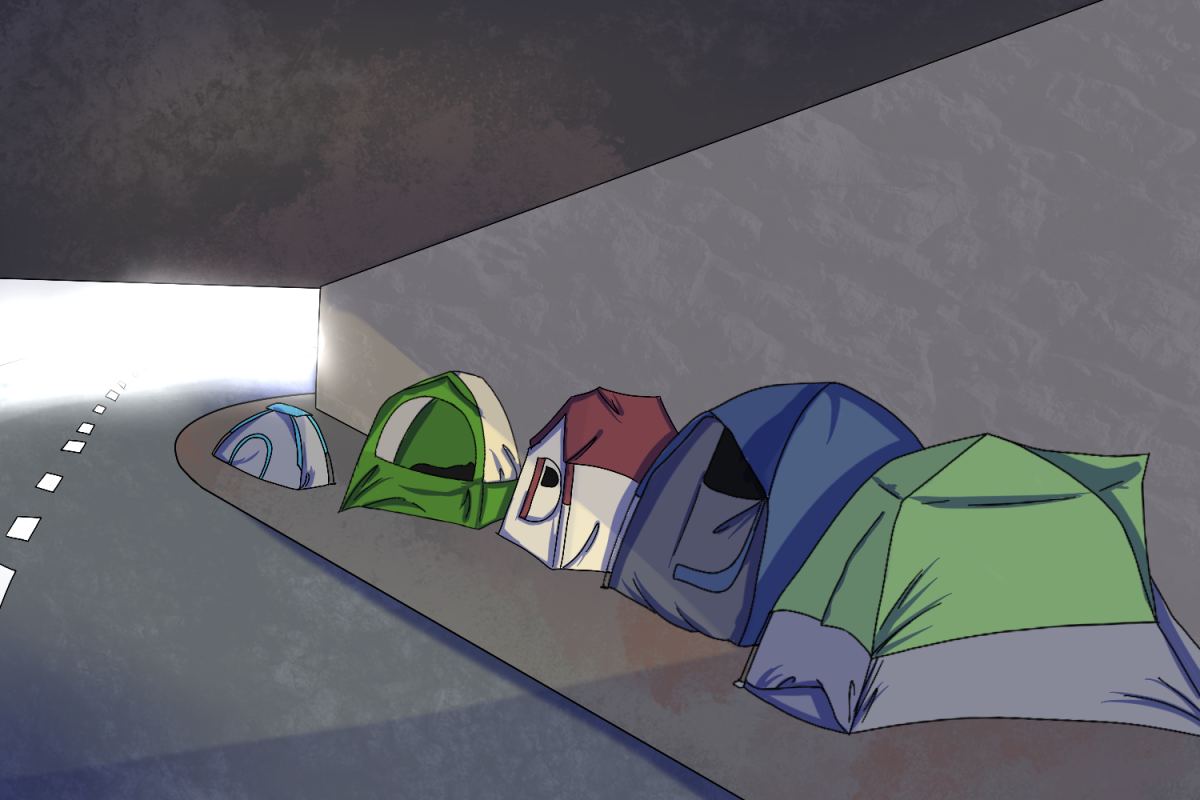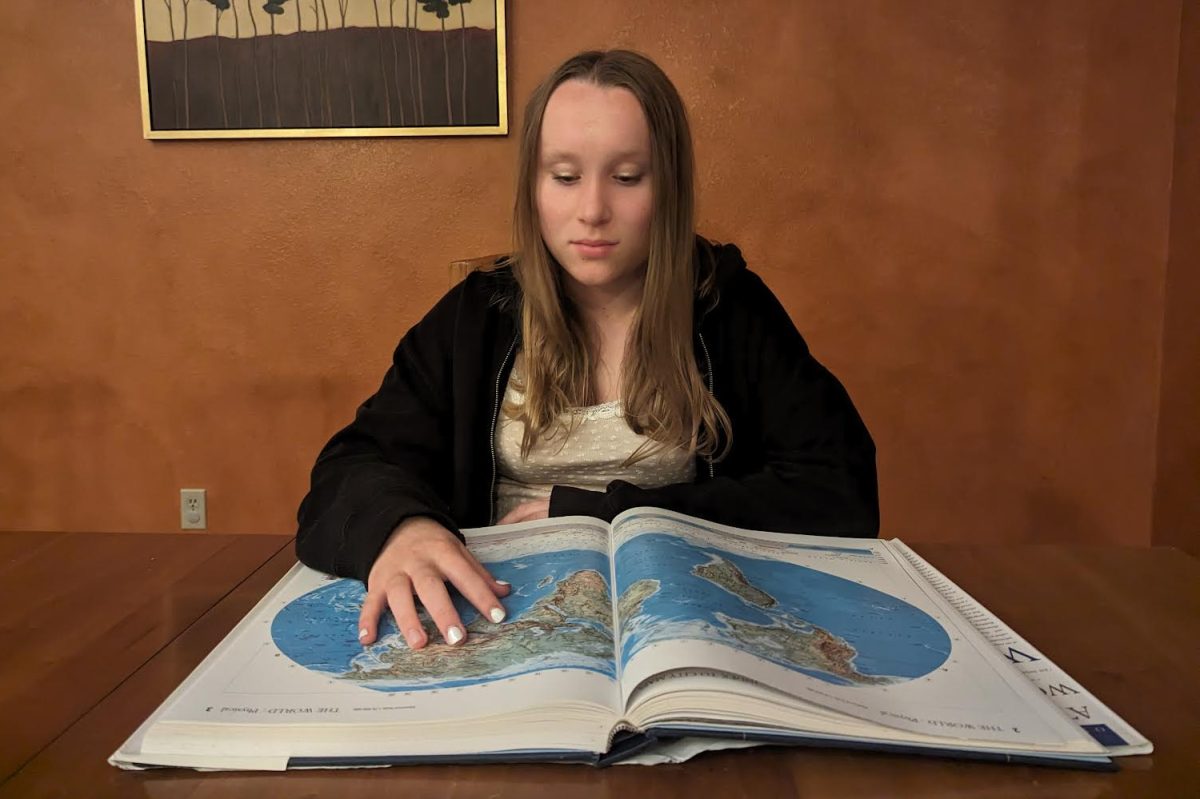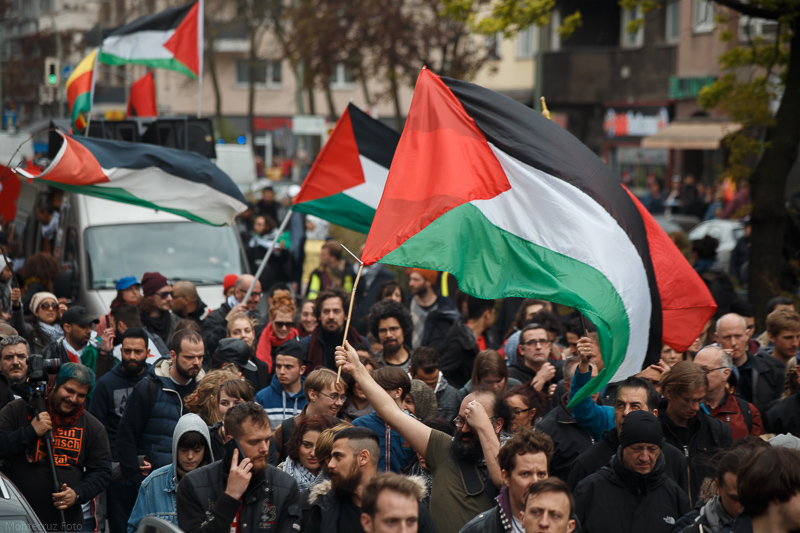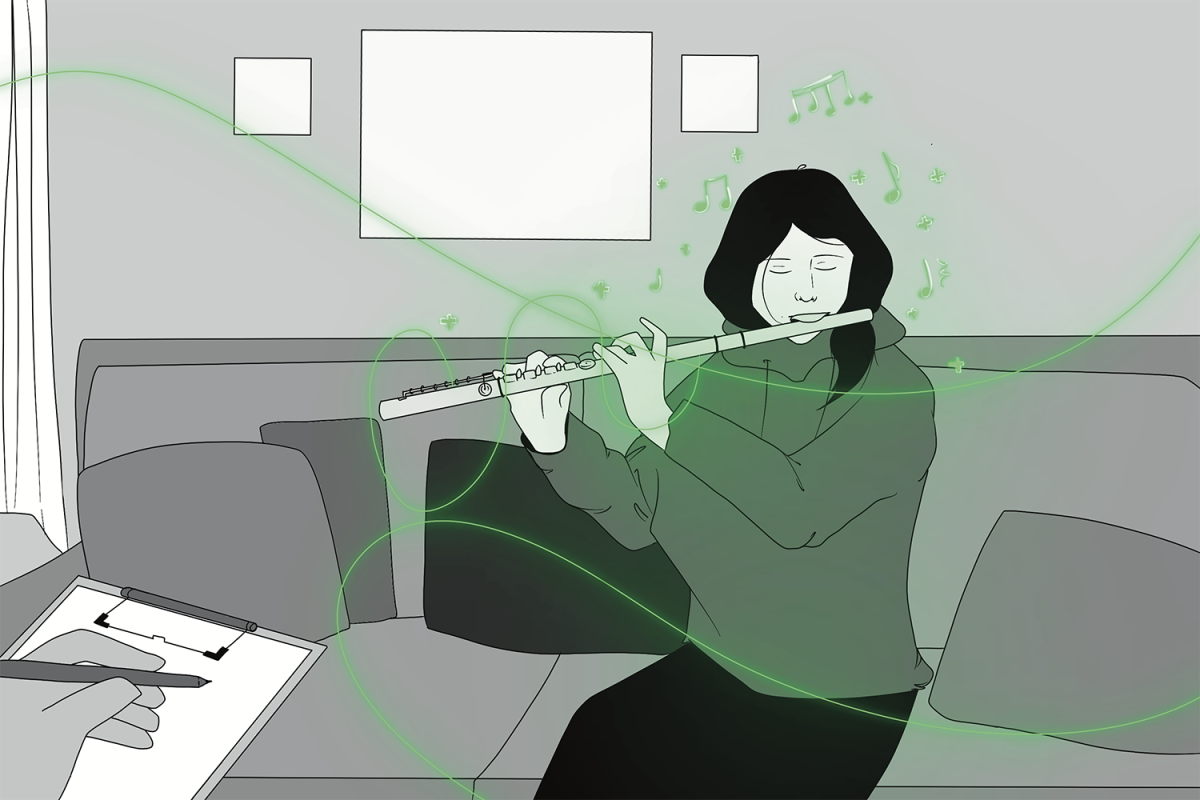For the last two years, violence has erupted between the Tigray region and Ethiopia in a gruesome war. Residents of Ethiopia received hope a couple of weeks ago when the Ethiopian Government and Tigray People’s Liberation Front (TPLF) signed a cessation of hostilities.
But as reconciliation forms between the two conflicting parties, the potential end of this conflict highlight the lack of news coverage this issue garnered. In this time, tensions rose, treaties were signed, tides turned and turned again, hundreds of thousands of people died, and the general United States media was none the wiser.
Tigray is an influential section of Ethiopia and was dominant in the political scene until 2018 when Prime Minister Abiy Ahmed Ali came to power. He was renowned as a bringer of peace and unity, receiving the Nobel Prize for achieving international peace with the neighboring country of Eritrea. Tigray has a historic rivalry of border wars and hostilities with this country. Eritrea has joined the new Ethiopian government in fighting against the TPLF.
Since Ali ordered a military operation on Nov. 4, 2020, the war in Tigray has been horrific. Throughout Tigray’s northern city of Axum, violations of International Humanitarian Law, or war crimes, were prevalent occurrences. According to Amnesty International, the Eritrean army would loot homes and gun down residents fleeing terror. A U.S. Department of State press release states, “These acts amount to ethnic cleansing.”
Looking back on these last two years, the lack of coverage on such matters is concerning. The media is not doing a good job of equally representing conflicts across the world and displays a lack of care for Ethiopians.
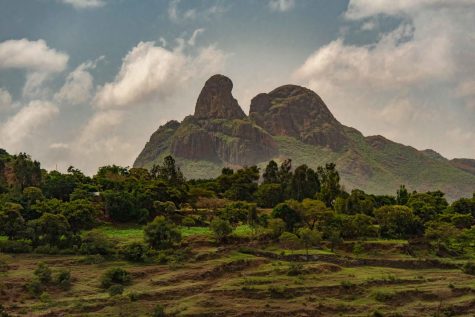
International conflicts pertain to Americans, regardless of the race of the people suffering. The U.S. media has a significant global presence. Their influence can directly bring aid and resolution to issues. It is their duty to expose stories of war and do so equally.
One example where they fulfilled this duty is during the Russian invasion of Ukraine. This conflict received an overwhelming amount of attention throughout the past year. The war in Ukraine should receive intensive coverage as it is an important international issue with ramifications for many countries and individuals. But there is no reason it should receive so great a preference over the war in Ethiopia.
Both issues are those of violent wars and tensions turning sour. Both pertain to vibrant communities within the U.S. But each receives different levels of coverage. The disparity stems from the media’s apathy in cases of colored conflicts.
This bias may have cost Tigrayan lives. Without supply trucks, besieged parts of Tigray starved. Asylum seekers had to escape conflict zones with minimal support. The U.S. could have directly intervened in these issues if they had provided a fraction of the funding and support to Tigray as they did Ukraine. This funding was not at the same level partially because of the lack of pressure to help Tigrayans. The neglect of Tigrayan affairs sends a clear message about whose lives the media values.
It is the media’s role to care equally about all people. The wars in Tigray were able to reach a peaceful conclusion without abundant outside influence. However, this war reflects poorly on the reputability of our news. The next time a global conflict arises, equality must remain a key priority in the attention we pay to the lives being lost.

